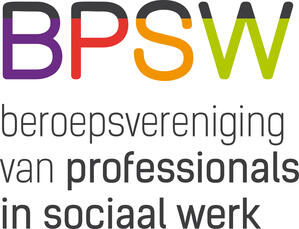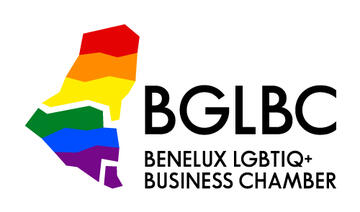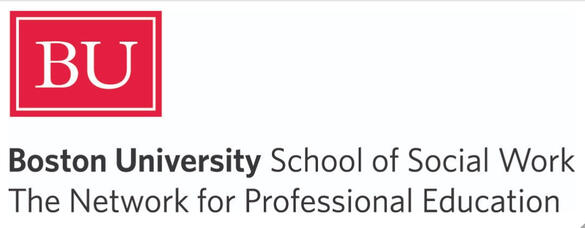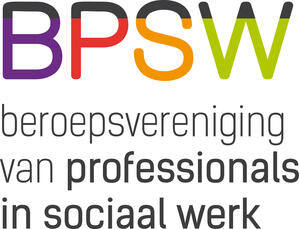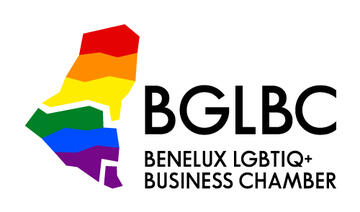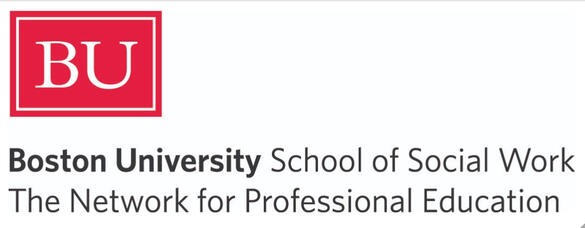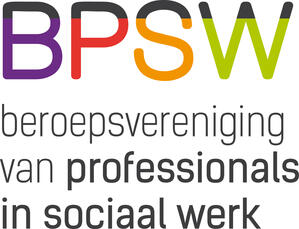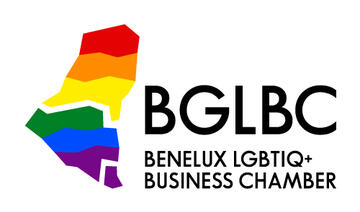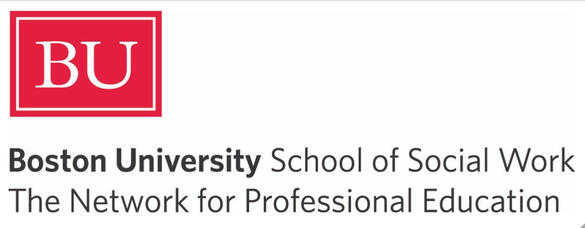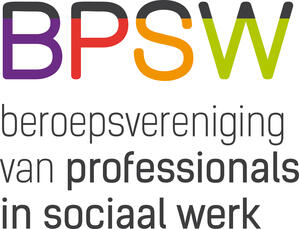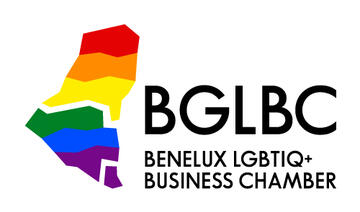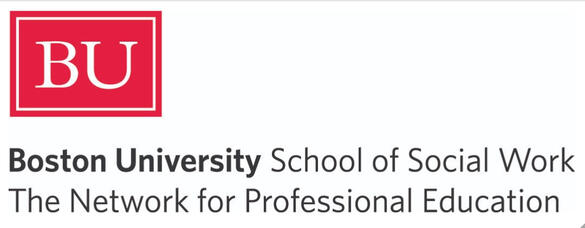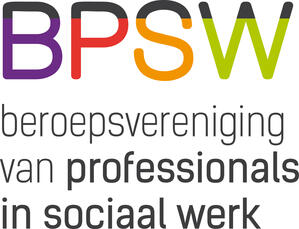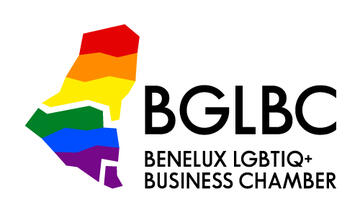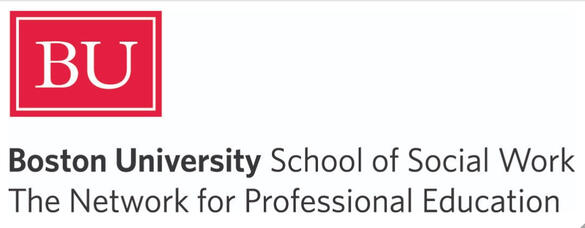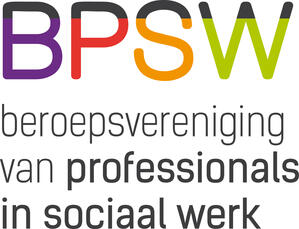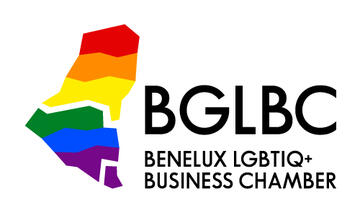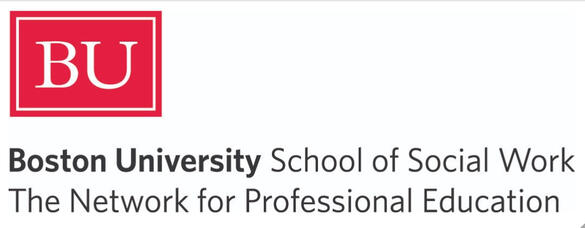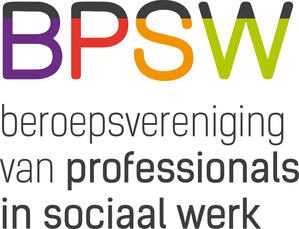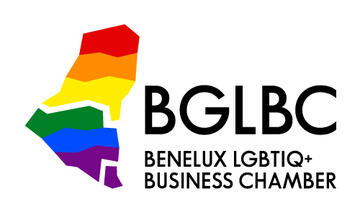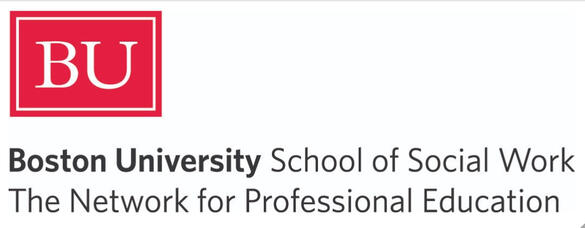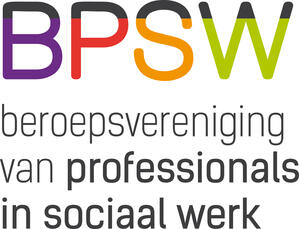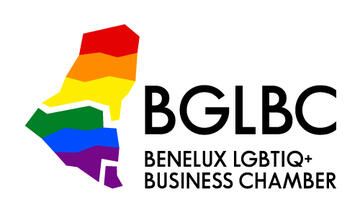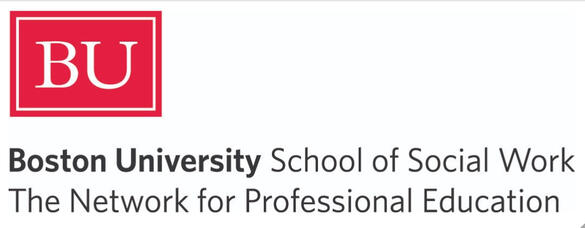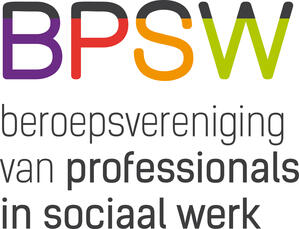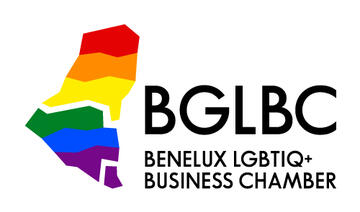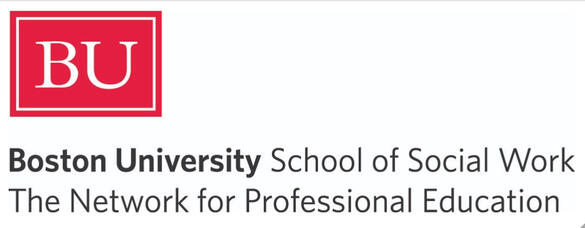
Talking to Storms
Connor Simonoff Oenomel, LCSW
Consulting & Training Services
Talking to Storms works with leaders, programs, organizations, communities, and individuals to create an affirming, strengths-based environment for growth that recognizes the complexity of thriving in a diverse environment. Through a hybrid approach combining solutions architecture, education, and policy management, Talking to Storms provides consulting, training, evaluation, and assessment services with a special focus on gender diversity, trauma, health equity, social justice, and LGBTQ+ communities.

KvK Number: 84520027
VAT Number: NL003974229B83
About
Connor Simonoff Oenomel, LCSW
Connor (he/him) is a queer, trans, and polyamorous macro social worker working specifically in the areas of trauma, health, and diversity. Originally from Boston, Connor currently resides in Amsterdam, the Netherlands where he provides training and consulting service through his practice, Talking to Storms. He holds a Master of Social Work from Boston University and a Bachelor of Arts in Anthropology from Brandeis University.Connor is passionate about counteracting stigma and oppression by de-pathologizing sexuality and gender, working towards healthcare equity for transgender and non-binary individuals, and developing trauma-informed systems and organizations.
Talking to Storms
Talking to Storms provides trauma-informed, empathetic, and empowering consulting services including training, education, assessment, evaluation, and policy management. Our approach combines the best of technological solutions architecture, community organizing principals, and policy management, to provide systemic solutions to real-world problems. We specialized in diversity, equity, and inclusion initiatives and especially in issues concerning the LGBTQ+ community.Our name is inspired by Ellen Kort's poem "Advice for Beginners".
Areas of Interest
Systems & Macro Social Work
mutual aid; community organizing; liberation health; health and healthcare equity; cultural competency; diversity, equity, and inclusion; trauma-informed public policy; solutions architecture
Sexuality & Gender
LGBTQ+ communities; TINGE (transgender, intersex, non-binary, and gender expansive) communities; polyamory and non-monogamy; sex- and kink-positive
Mental Health
trauma; burnout; self-care; self-esteem; self-advocacy
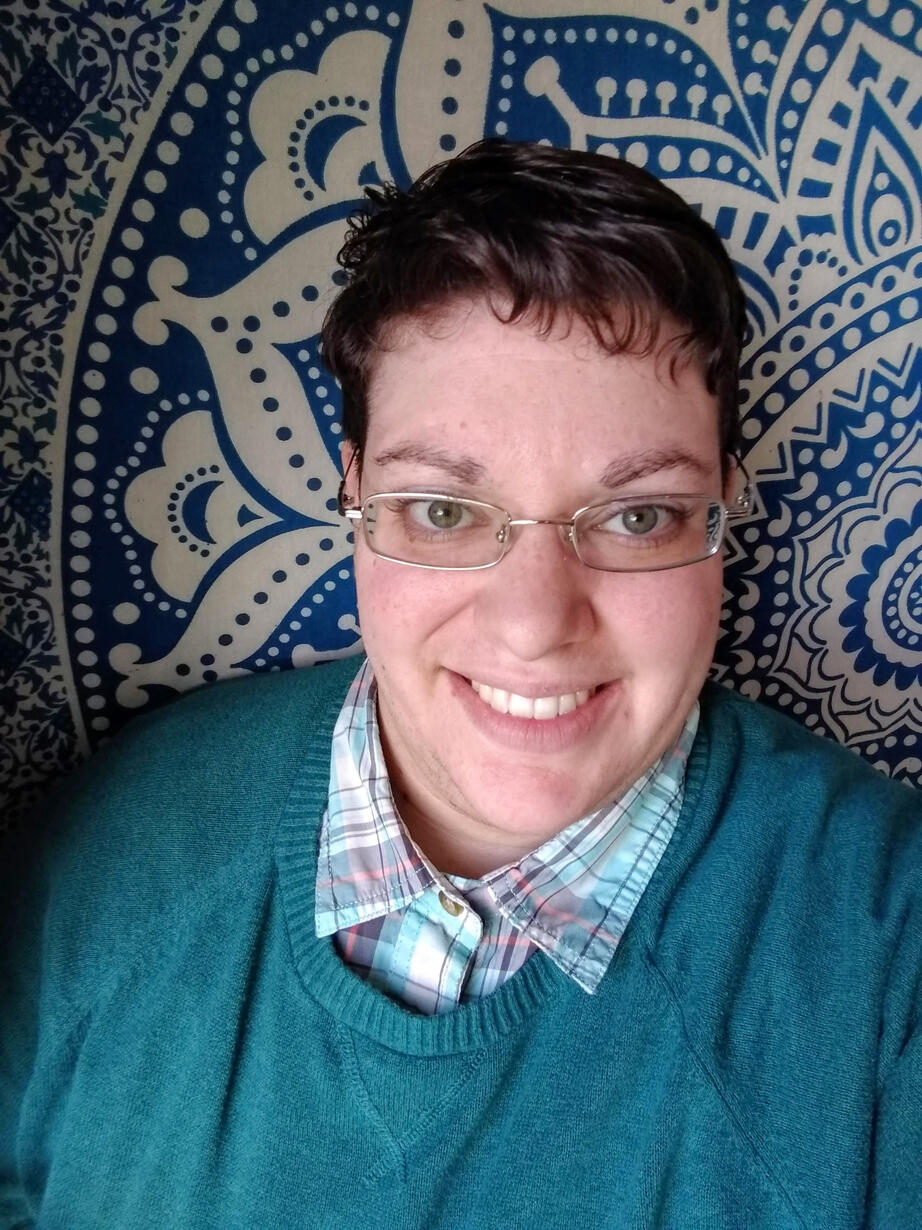
Credentials
Licensed Certified Social Worker (LCSW)
Massachusetts, USAMaster of Social Work (MSW)
Specializations: Macro Social Work | Trauma & Violence
Boston University, 2020
Degree Equivalent to HBO Sociaal Werk, IDW certificate available upon requestBachelor of Arts in Anthropology
Minor: Sexuality & Queer Studies
Brandeis University, 2012
Professional Memberships
- BeNeLux LGBTQ+ Business Chamber
- Beroepsvereniging van Professionals in Sociaal Werk (BPSW)
- BUSSW Network for Professional Education (Trainer's Hub)
- Share-Net Netherlands
- Society of Gender Professionals
KvK Number: 84520027
VAT Number: NL003974229B83

Sliding Scale Pricing
I operate on a sliding-scale system designed to empower everyone, regardless of their economic reality, to access the tools needed for growth, healing, and competency. All rates at Talking to Storms are listed with the minimum and maximum and clients can choose their rate anywhere on that scale. While I encourage clients to consider their economic privilege in addition to their budget, you never need to justify why you pick a certain rate. Learn more about the concept of sliding scale pricing here.
Rates
Per Hour Rate:
Euros: €50-€150 per hour (+21% VAT)
US Dollars: $50-$150 per hour
Unfortunately, I'm unable to accept checks.
KvK Number: 84520027
VAT Number: NL003974229B83

Diversity Coaching
Some of us need a bit more help than others when it comes to diversity concepts. For people who are struggling with certain aspects of diversity, equity, and inclusion, I offer one-on-one coaching services. Diversity coaching focuses on understanding your perspective and struggles and then meeting you where you are at with additional knowledge and practice scenarios. We might roleplay challenging encounters, talk about DEI concepts, or work through some of your mental blockages. Diversity coaching can be an excellent tool for both newbies and seasoned professionals because it provides a completely confidential environment for you to ask questions without fear that colleagues will judge you.Topics Frequently Requested:
- Strategies for handling transitions in the workplace
- Respecting pronouns
- Learning how to use gender-neutral pronouns
- Conceptualizing gender or sexuality and learning new vocabulary
- Support for parents, teachers, guidance counselors, pediatric providers, shelter workers, camp counselors, or other youth-facing professionals struggling to understand Gen Z and Gen Alpha
- Understanding non-monogamy
- Balancing religion, culture, and diversity in the workplace
KvK Number: 84520027
VAT Number: NL003974229B83
Consulting
Our businesses, organizations, groups, and lives are richer with diversity, but we often find that equity, inclusion, and healing is difficult to achieve. How do you create a culture in which everyone belongs? What's the best way to support marginalized groups without talking over them? If you're struggling with making your organization more equitable and diverse, Talking to Storms can help. My approach is strengths-based, efficient, down-to-earth, and participatory.What I Offer:
- Needs Assessments
- Evaluations
- Forms/Policies Analysis & Intervention
- Social Media/Website Analysis & Intervention
- Trauma-Informed Policy Creation
- Professional Development Training
- Project Planning or Development
- Workplace Culture Guidance
- Participatory Goal/Objective Setting & Vision Mapping
Areas of Focus
LGBTQ+ diversity, equity, and inclusion
Creating space for gender diversity in organizations & non-profits
Healthcare Equity & Access
Cultural Competency Training for Care Providers
Mutual Aid
Trauma-Informed Public Policy
Participatory Research & Community Organizing
LGBTQ+ Policy Creation/Editing
Training for healthcare & mental healthcare providers
Creating safe(r) practice spaces

KvK Number: 84520027
VAT Number: NL003974229B83
Relocation Coaching/Consulting
I also offer relocation consulting and advice for individuals moving from the United States of America to the Netherlands. I specialize in assisting LGBTQ+ individuals and/or social workers in relocating. These are two subgroups of Americans who frequently find it difficult to navigate Dutch society and struggle to find information about their circumstances reflected in online expat help pages or services.I am by no means an expert, but having relocated from Boston, MA to Amsterdam, NL in 2021 as a queer & transgender social worker who didn't speak a word of Dutch, I have learned a trick or two that I would like to pass on to others making this journey.For marginalized expats on a tight budget, exceptions can be made to my rates. Contact me for more information.

Frequent Topics
Integrating into the LGBTQ+ community
Relocation as a disabled, chronically ill, or neurodiverse person/family
Navigating the Dutch healthcare system, especially while trans
Project planning & management for your move or visa application
Assisting with culture shock or emotional processing
Understanding the Dutch landscape from grocery stores to bicycling
KvK Number: 84520027
VAT Number: NL003974229B83

Education & Training
I am a dynamic educator that has a knack for breaking down complex topics into easy-to-grasp pieces. I encourage participation and promote a casual, safe, empathetic learning environment. I specialize in working with health and mental health providers, including social service providers and students, but I am also available for corporate trainings, conferences, roundtables/discussions, and as a keynote speaker.Library of Available Workshops/Trainings:
- Understanding and Serving Multi-Faceted Gender Identities
- Mutual Aid as a Cornerstone of LGBTQ+ Health
- Generating Clinical Empathy for Gender Diverse Clients
- Fundamentals of Trauma-Informed Leadership
- Transition Journaling
- Introduction to Liberation Health
- Transition in the WorkplaceAdditional Topic Areas:
- LGBTQ+ 101s: Introductions to Gender, Sexuality, Non-Monogamy, and more
- Trauma-Informed Care 101
- Combatting Microaggressions
- Self-Advocacy
- Participatory Research, Outreach, or Marketing to Marginalized Populations
- and so, so much more...
Testimonials
"Connor did a great job touching on both micro and macro interventions which can help make our clinical practice more inclusive towards gender diverse folks. We discussed concrete steps that can be taken in and outside the workplace to implement changes. Additionally, Connor uses tweets, memes, and videos to bring a light humor to a serious conversation, which helps make the training even more engaging! At the end, we were left with ample amount of time to ask questions and review real life scenarios. I highly recommend this training for all healthcare providers!"
-SD-"Connor provides a safe space through his experience and availability to allow us to get familiar with theses concepts, to ask questions without risking harm, and provides context to a small but very real part of humanity in order for us to be better care providers for all people. Connor is very open and willing to help along people better understand the realities of LGBTQ+ people, he facilitates conversation and learning very efficiently and interactively."
-Annie-

Teaching Philosophy
My goal as a trainer is to create content that aspires to the following goals:
Interactive
We all know the best learning comes when we participate, so I use a number of strategies to encourage participation including online teaching tools like Mentimeter and Slido, case studies, discussion questions, breakout discussions, icebreakers, and quizzes.
Engaging
Interaction without engagement is meaningless. For effective learning to take place, we must tackle the "why" and "how" behind topics. My strategies for engagement include using my own personal story and experiences as well as humor, social media, current events, and a refreshing dollop of honesty.
Relevant
Beyond just the "why" and "how" lurks the ever present "who cares?" question. Content must be relevant to the learners at the highest level. It should align with the learners' current experience, context, roles/responsibilities, culture, and needs. Relevant content not only uses the latest sources, but it also takes into account the experience of the learner.
Personal
For content to be relevant it also must be personalized. Your organization is a unique entity with concerns, goals, needs, and challenges. My trainings are tailored to your context and I always try to get a sense of where your learners are at before crafting a training.
Brave
My teaching does not shy away from difficult concepts or truths. Instead, I empower learners to consider multiple viewpoints and find the courage to make a difference through their learning. My trainings are brave spaces in which learners are emboldened to take action in their learning. This also means that when possible I encourage small group learning with manager or leader trainings held separately to encourage a 'safer space' environment in which learners can take risks.
Illuminating
My goal is always to teach both the foundational concepts and the philosophical ones. In other words: I teach people how to think and consider new perspectives. Unlearning unconscious bias is an important part of all of my trainings.

Lifetime Connection Promise
Learning doesn’t stop just because you graduate, change jobs, or complete a workshop. Once you’ve done a training with me, you have me as a resource for the rest of your life. You can always reach out with questions, issues, comments, thoughts, or challenges. I’m here for you!I guarantee this for each and every one of your learners.
Teaching Inspiration
The following are resources & theories I have used to craft my own personal teaching methods and philosophy.
Understanding and Serving Multi-Faceted Gender Identities
Target Audience: Health providers (or future health providers/students) of all kinds including mental, medical, alternative, holistic, and behavioral.Description: Binary concepts of gender in the United States are an ingrained societal norm that leads healthcare professions to often be unable to “see” transgender and non-binary patients as a normal and integrated category, which can lead to 'othering', segregation, disrespect, discrimination, hesitation, fear, and a lack of knowledge. But transgender individuals should not be invisible or an afterthought. Increasing behavioral and medical healthcare providers’ competence with transgender patients will lead to better healthcare outcomes such as reduced medical mistrust in this population, improved mental health and safety, and reduced medical stigma. In this seminar, lead by a transgender LCSW, we will discuss how providers can best serve gender diverse populations. This workshop is designed for medical, mental, behavioral, or holistic healthcare providers. We start with the basics (terminology and gender theory) and then move to an exploration of gender diversity within a societal context. This workshop centers the experiences of gender diverse individuals and you will learn to experience healthcare settings and interactions through their eyes. You will learn strategies to welcome gender diverse patients and clients, understand their lived experience better, and create space for these individuals in your practice setting.Length & Format: Available virtually or in-person at lengths between 90 minutes and 3 hours. Many organizations choose to break up this seminar into 3 one-hour sections.Learning Objectives:
1. Learn alternative conceptual models for concepts of self relating to gender, gender identity, gender expression, sex assigned at birth, and biological sex. Be able to define these terms and how identities are constructed by them.
2. Learn about the variety of transition types: social, psychological, legal, and physical as well as barriers to transition.
3. Review statistics of oppression for gender diverse individuals and generate a basis of knowledge around the lived experience of gender diverse patients/clients.
4. Understand the roots of stigma, discrimination, and medical mistrust among this population.
5. Practice skills related to improving health equity and access for gender diversity people including: combating microaggressions, dismantling the bystander effect, demonstrating respect for gender diverse patients/clients, and creating spaces and organizations that are welcoming.
Mutual Aid as a Cornerstone of LGBTQ+ Health
Target Audience: Anyone!Description: Mutual Aid is the practice of voluntarily caring for others and exchanging care in ways that reciprocally benefit all parties involved. From the AIDS Crisis to modern-day mutual aid Facebook groups, LGBTQ+ communities have been at the forefront of mutual aid movements for decades. LGBTQ+ mutual aid practices move beyond traditional healthcare systems to foster resilience by creating networks of safety, care, and health at a community and individual level. Though mutual aid networks are often born of necessity and scarcity, they generate abundance, stimulate health, and encourage equity. Can we learn any lessons from the mutual aid movement about how to center equity in LGBTQ+ healthcare? When we view the world through a lens of mutual aid, what do we see? We will explore these questions and more through historical and modern examples of mutual aid within the LGBTQ+ community as well as touch on mutual aid and reciprocity theories (especially in relation to equity, intersectionality, and health).Length & Format: Available virtually or in-person. 60 minutesLearning Objectives:
1. Define mutual aid and name its benefits for individuals and populations.
2. Identify ways in which historical oppression has affected modern-day LGBTQ+ communities.
3. Describe pros and cons of the practice of mutual aid.
4. Analyze and explore how mutual aid practices can change our work within our various fields of practice.
5. Define the role of mutual aid within marginalized communities and what gaps it fills.
Generating Clinical Empathy for Gender Diverse Clients
Target Audience: Mental and behavioral health providers (or future providers/students).Description: This workshop offers an exploration of some of the complex dynamics providers encounter when working with transgender and non-binary individuals. Therapists sometimes struggle to engage with clients who are different from themselves, but gender diverse clients can feel especially daunting. How can we walk a mile in someone’s shoes when we don’t know the road they’re on? How can we set aside feelings of overwhelming guilt, grief, or pity? This workshop will provide strategies to help clinicians build stronger connections with gender diverse clients and explores common barriers to generating appropriate, respectful clinical empathy. Ultimately, this workshop aims to provide clinicians with the tools and knowledge necessary to provide high-quality care for gender diverse clients, furthering the progress towards greater equity and inclusivity in mental healthcare. We will cover topics such as: the definition and importance of clinical empathy, the dangers of sympathy and its role in countertransference, the statistical and sociocultural reality of living as a gender diverse person, cisnormative and therapeutic privilege, common empathy challenges, and solutions as well as practice exercises.Length & Format: Available virtually or in-person. 60+ minutes.Learning Objectives:
1.Define clinical empathy and it’s role in therapeutic relationships and client outcomes.
2. Describe the current statistical and sociocultural reality of life as a gender diverse person.
3. Recognize the role of privilege in relation to the oppression of gender diverse individuals.
4. Demonstrate ability to utilize two or more clinical empathy strengthening exercises or techniques.
5. Analyze one's personal biases, privileges, and context in relation to clinical empathy and gender diverse clients.
Fundamentals of Trauma-Informed Leadership
Target Audience: Business leaders, organizations, executives, managers, startups, and consultantsDescription: Get in on the ground floor by learning the fundamentals of Trauma-Informed Leadership. Trauma-Informed Leadership is the next generation of management philosophies and creates resilient, productive, and healthy workplaces, businesses and organizations. It's estimated that 70-80% of the population has experienced trauma at least once in their lives and this rate increases for urban populations as well as marginalized groups. As our companies and organizations become more diverse, we increase the chance of working with employees, clients, and customers with trauma backgrounds. This workshop will cover the fundamentals of trauma-informed leadership philosophy with guiding principles to aim for and give you the basic tools you need to start the conversation at your place of work. In order to have a healthy and productive workforce that is resilient enough to produce long-term growth, we must build workplace cultures that support and create space for people of all experiences, including traumatic experiences.Length & Format: Available virtually or in-person. 60-90 minutes.Learning Objectives:
1. Define the five philosophical pillars of trauma-informed leadership.
2. Name at least 3 warning signs that an organization/company is carrying a traumatic load.
3. Describe the current state of trauma experiences at a population level with relevant statistics.
4. Analyze how trauma-informed workplace cultures can boost overall growth, wellbeing, and productivity.
5. Demonstrate ability to utilize at least 1 method to increase awareness about trauma-informed leadership at your place of work.
Transition Journaling
Target Audience: Trans & non-binary people of all ages, therapists, mental/behavioral health providers, people who work with trans youth & young adults, parents of gender diverse kidsDescription: Transition journaling is the act of keeping a diary or journal of one's gender transition process. It can be a powerful reflective practice as well as a useful organizing tool. Transition journals can contain art, information, mementos, music, files, medical contact numbers, research, fundraising trackers, wardrobe inspiration, hair cut ideas, experimentations with names and pronouns, coming out practice letters, and so much more. In this workshop, we'll talk about what a transition journal is (or can be), how to get started in creating one, and we will even take the first steps by doing a creative exercise together! People of all ages and genders will get a chance to make a collage of how their gender feels to them and to share it with other participants. You'll also be able to take home a sample transition journal printout with some ideas to get your started.Length & Format: Available in-person only. 90+ minutes.Learning Objectives:
1. Define transition journaling.
2. Name at least 5 ways transition journaling can be an aid during the transition process.
3. Name at least 5 things that can go into a transition journal.
4. Reflect on one's own personal gender identity in a creative and artistic way.
5. Recognize and reflect on the array of gender identities and expressions that are present in the space.
Introduction to Liberation Health
Target Audience: Health providers (or future health providers/students) of all kinds including mental, medical, alternative, holistic, and behavioral.Description: Liberation Health is a framework that understands human behavior and health in the context of our broader social environment. Our health is greatly impacted by the political, historic, ecological, cultural, and economic contexts around us, something Liberation Health aims to bring to the forefront. As a model of human behavior, the Liberation Health Model empowers healthcare providers to combat oppression by considering the patient’s context alongside their symptoms when developing treatment plans. In this course, we’ll learn about the Liberation Health Model, including the Liberation Health Triangle, and how to use it to expand our thinking as providers. We will also discuss a number of case studies and situational examples.Length & Format: Available virtually or in person. 60-90 minutes.Learning Objectives:
1. Define the Liberation Health Model and name at least 3 strengths of utilizing this model.
2. Utilize the Liberation Health Triangle to assess patient concerns in case studies.
3. Describe 3 situations where the Liberation Health Model is helpful and 3 where it is unhelpful.
4. Articulate the use of the Liberation Health Model in terms patients can understand.
Transition in the Workplace
Target Audience: Corporations, organizations, companies, businesses, HR professionals, leaders, and employeesDescription: Supporting employees or colleagues during a transition can be a complex and nerve-wracking process. How do you tell the department about a name and pronoun change? What can you expect your colleague to look or sound like? What kind of leave will they need to take for medical care? Employees and organizations can often struggle with the adjustment process that occurs when someone transitions and to make it more challenging, the transitioning employee is often also nervous and on-edge. In this workshop we will cover best practices for managing transitions in the workplace as well as talk about what transitions typically entail and how to prepare yourself and your coworkers. We'll talk about the do's and don'ts of workplace transitions as well as strategies to make your organization transition-friendly and resilient.Length & Format: Available virtually or in person. 60-90 minutes.Learning Objectives:
1. Define the gender transition process and it's four stages.
2. Describe 3 or more best practices for managing a transition in the workplace.
3. Utilize microintervention strategies to address microaggressions you may witness from colleagues.
4. Articulate strategies to create transition-friendly workplace environment.
5. Generate empathy and respect for colleagues undergoing transition.
KvK Number: 84520027
VAT Number: NL003974229B83
KvK Number: 84520027
VAT Number: NL003974229B83
Contact / Scheduling Form
KvK Number: 84520027
VAT Number: NL003974229B83
